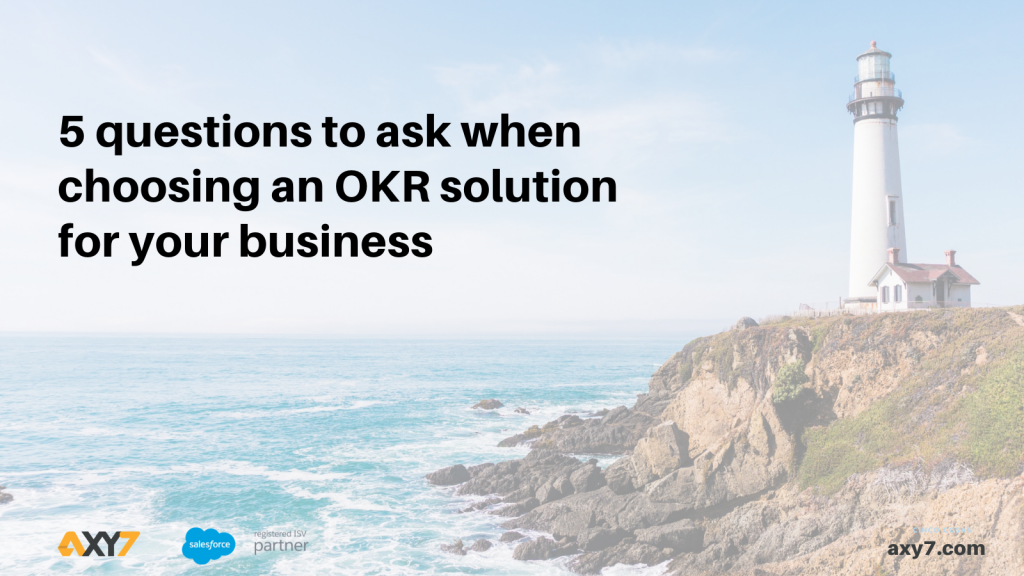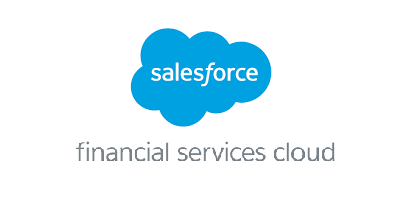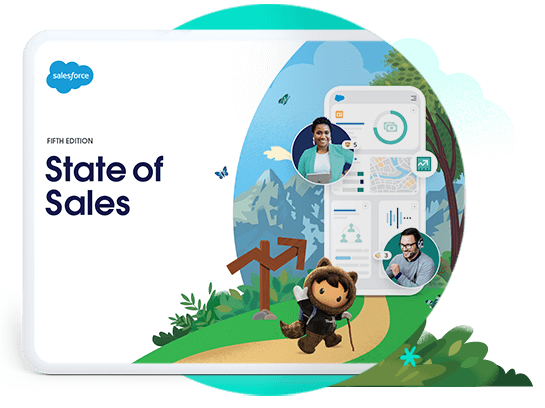5 questions to ask when choosing an OKR solution for your business
Are you planning to use an app to track and measure your organization’s OKRs? Good! It’s a great way to ensure that your OKR implementation is successful.
Once you have found a promising solution, it is time to dig deep: give it a test run and try out all of its features to make sure that it meets your requirements, talk to other organizations using it if you know of any, learn where the product is going, and find out if the developer supports the product in the way your organization might need.
Implementing an OKR solution involves planning, data migration, customization, and staff training—you don’t want to waste resources by having to go through that process again if you choose the wrong solution.
Evaluating an OKR app or solution should take some time and more effort than simply looking at a demo and reviewing a checklist of features. You need to figure out how the tool really works. Once you’ve done that, you can dig even deeper by asking the developer questions that may not be obvious.

Here’s our list of questions to ask when looking at an OKR app for your organization:
1. Does the tool have all of the features you need?
Most OKR software is pretty similar in terms of the types of features they include, especially with regards to basic OKR tracking and measurement, but some tools offer other extremely useful features that can completely enhance your OKR experience. One such feature that can make OKR tracking so much easier is automatic Key Result reporting.
This is a feature that requires you to be reporting your business dealings (opportunites, sales, deals, etc.) within a platform such as Salesforce so that the OKR tool can import the report information and use it to update your Key Result progress. Many tools offer integration with Salesforce, but these integrations can be difficult to set up so ideally, you should be looking for a tool that is built within Salesforce to avoid any complications in the process.
2. What kind of support and training is provided?
Another key thing to look out for in an OKR tool is what kind of support and training the developer provides. At the very least, they should provide a user guide, frequently asked questions, and regular software updates so that the tool always runs smoothly. However, a great OKR software developer will also offer video guides, live demos, and a responsive support team that can take care of any potential questions or issues that arise during implementation.
3. Does it make it easy to implement OKRs in your organization?
This is super important because it can make or break your company’s OKR adoption. If your employees are having a hard time updating their OKRs, completing their check-ins, or simply just using the software in general, their engagement is going to be affected as a result.
Ideally, you want to be using software that is pretty straightforward, doesn’t have too high of a learning curve, and isn’t too different from other platforms your employees already use. For instance, if you are a Salesforce-based organization, using an OKR tool that is built within Salesforce is the best thing you can do as it makes it so much easier for your employees to start using compared to an external tool that requires brand new onboarding.
4. Does it integrate well with other business applications you use?
OKRs and everything surrounding them are often tied to other business applications such as Salesforce, Slack, G Suite, Microsoft Outlook, etc. so it’s important that the OKR software you use is integrated with the ones that you use.
For instance, integrating with Salesforce or Slack will let you import key information to measure your OKRs, while integrating with Google Calendar or Microsoft Outlook will make it easy to schedule One-on-Ones with your employees and ensure that they are visible in their calendars.
5. Does it offer a performance review component that’s tied into the OKRs?
Tracking and measuring OKRs is the first step to ensuring successful OKR adoption within your organization, but if you really want to make the most of the OKR methodology, you should also be combining it with efficient performance reviews that encourage growth and empowerment.Since OKRs naturally encourage innovation and stretching, it only makes sense that the people working on achieving those goals have similar ones for their own career development. Therefore, adding a performance review component to your OKR adoption is a great way to ensure consistent growth across the organization.
—
If you’re looking for a tool that is able to provide all of these and more, then look no further than Axy OKR. Built within Salesforce, it is the best OKR solution for any organization that bases itself in Salesforce as it provides simple Key Result automation, a very small learning curve, integrations with many different business applications, and a performance review component based on the popular 360 Review methodology.
In addition, the reference material and support team is top notch and ready to answer any question you may have about the software. To get a live demo for your team, simply get in touch at sales@axy7.com and we can take you through everything you need to know about Axy OKR and OKRs in general!



